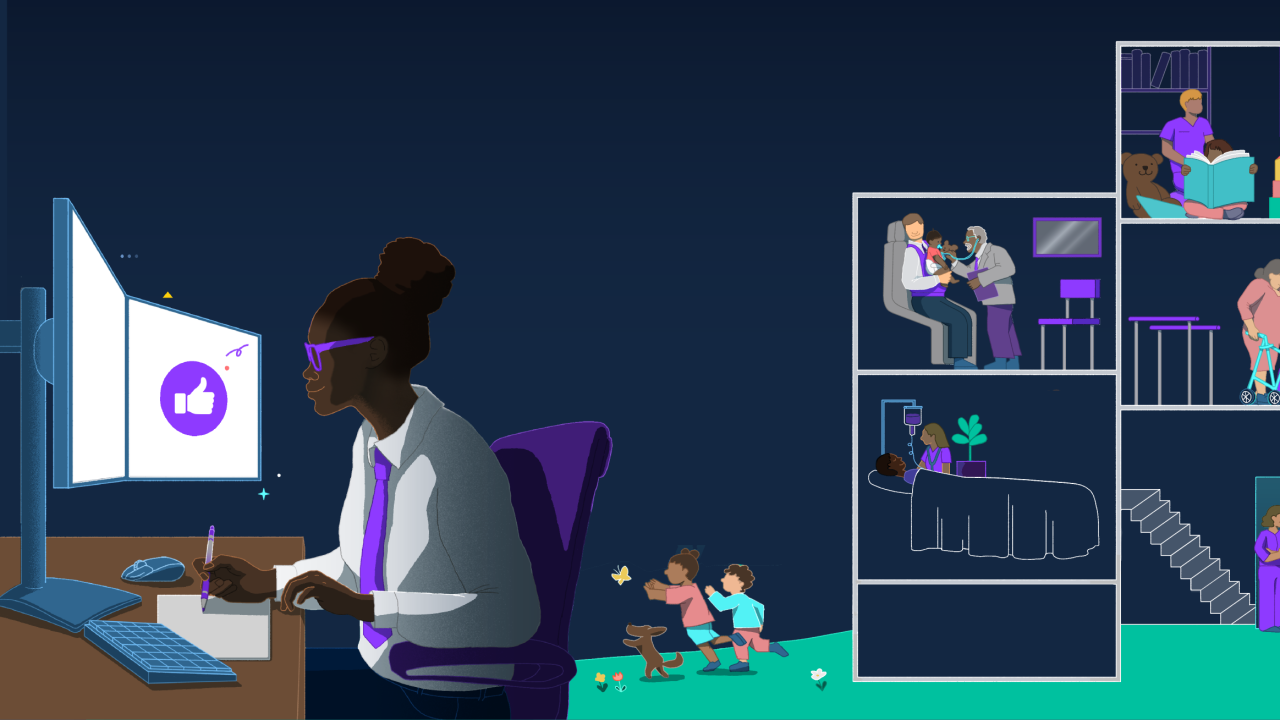- Key Insight: Discover how pediatric mental-health benefits reshape employee retention and workforce productivity.
- What's at Stake: Rising turnover, absenteeism, and productivity declines threaten employer talent strategies and costs.
- Expert Quote: Dr. Lauren Hartman: Untreated child mental illness amplifies parental distress and workplace impact.
Source: Bullets generated by AI with editorial review
For working parents who face uncharted
A study by The Kids Mental Health Foundation found that one-third of parents changed or quit their jobs because of their child's mental health, and a high number of those who were concerned about their children's mental health reported challenges with attendance, focus and managing stress. The financial strain is an added stressor: Data from the American Academy of Pediatrics shows that 20% of parents pay for their children's mental health visits
"When our kids are suffering, we're suffering, and for kids, when the parent is struggling, it can make a child's mental illness worse," says Dr. Lauren Hartman, a board-certified physician in adolescent medicine and pediatrics who focuses on teen mental health. "It becomes a devastating cycle when we are not [helping] parents effectively attend to the needs of their kids."
Read more:
As parents look for better ways to care for their children, they are looking to their employers for help: The Kids Mental Health Foundation's research shows that more than one-third of millennial and Gen X parents would leave their job if it did not provide child mental health benefits. And when working parents have access to pediatric health offerings that support kids' health and wellness, it means improved ability to care for their family, less financial strain and better job performance.
Benefit leaders can start by looking at what their current offerings provide at the pediatric level, and round them out if necessary: For example, preventative options such as access to behavioral and developmental milestone monitoring or unlimited therapy appointments through their EAP. The CDC notes further areas of importance such as comprehensive mental health evaluations, psychological therapy that can treat mental health conditions or teach coping skills, and therapy options that include both children and parents together.
"How do you really invest in your workers?" says Dr. Hartman. "There are lots of opportunities to help support parents, [and to help them] feel grounded and cared for themselves."
Read more:
Dr. Hartman discusses the role employers can take in supporting their employees' as they navigate their children's health.
Why are comprehensive mental health benefits so important?
The pandemic was really, really hard on young people's mental health. My primary area of expertise is in eating disorders … which have the second highest mortality rate of any mental health condition … and [I'm] seeing it in elementary-school age [kids], and the impact of diet culture and weight stigma, and we're all spinning in terms of how to really support the massive scale of the struggle. It derails [parents]. Where the power lies in terms of impact is in prevention and early intervention, and not waiting for things to get worse and worse.
How do pediatric mental health issues in general impact parents financially?
Parents will compromise their own care for their children, [or] they will pay for an out-of-network provider if it is going to benefit their kid, and at what cost? Financial stress is something that's going to keep parents up at night and is going to worsen their mental health, which again, translates to worsening for their child's mental health. And for the employer, [these people are] not going to be your most productive, happy workers.
Read more:
Why do pediatric benefits need to cover children of all ages?
[Parents'] needs evolve [and the] are always pressing. Maybe as you are past preschool age, so you no longer need preschool or child care support, but that's when we see the emergence of mental health struggles. The problems can intensify and the stakes get bigger. To be agile and responsive as an employer, to be listening to the parents and to their evolving needs, I just can't see it not being cost-saving and not being an investment in the long-term loyalty and care that the workers would bring to the organization.






